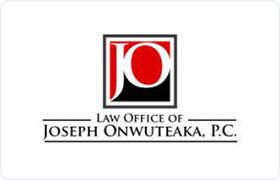Chester Real Estate Other Lawyer, Texas
Sponsored Law Firm
-
 x
x

Click For More Info:
-
Law Office of Joseph Onwuteaka, P.C.
8323 Southwest Fwy Suite 650 Houston, TX 77074» view mapSlip & Fall Accident Fighting Fearlessly For Your Rights
I'm committed to providing experienced and tenacious legal representation. I will fight for the best possible outcome in your case & won't give up, even when things get tough.
800-960-3430
Includes: Commercial Leasing, Commercial Real Estate, Condominiums, Conveyancing, Housing & Urban Development, Premises Liability, Residential Real Estate, Title Insurance
Not enough matches for Chester Real Estate Other lawyer.
Below are all Chester Real Estate lawyers.
Lindsey B. Whisenhant
Estate Planning, Natural Resources, Personal Injury, Family Law, Commercial Real Estate
Attorney Lindsey B. Whisenhant has been practicing law and serving the people of Texas since 1990.
Gary Harold Gatlin
Commercial Real Estate, Wills, Family Law, Divorce & Family Law
Status: In Good Standing Licensed: 50 Years
Ted L. Walker
Construction, Family Law, Bankruptcy, Personal Injury
Status: In Good Standing Licensed: 40 Years
 Joseph Onwuteaka Houston, TX
Joseph Onwuteaka Houston, TX Practice AreasExpertise
Practice AreasExpertise

